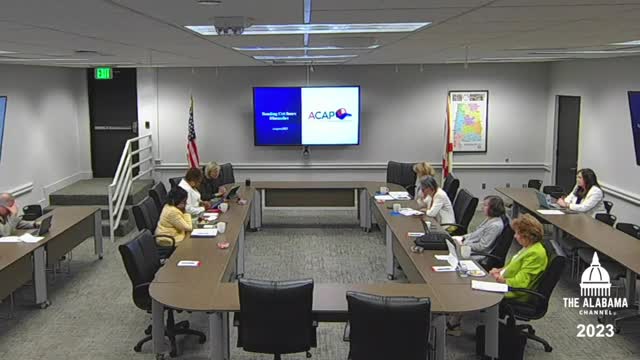Article not found
This article is no longer available. But don't worry—we've gathered other articles that discuss the same topic.
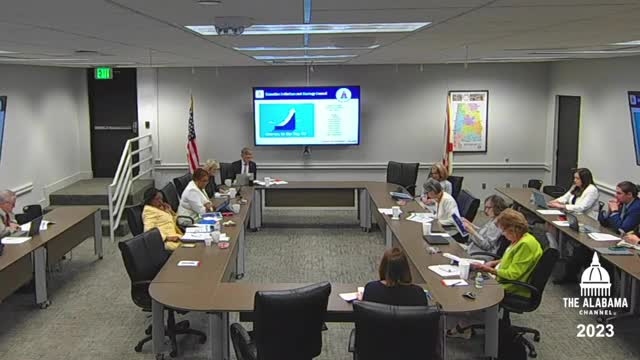
Department outlines expansion and redesign of teacher mentoring program to improve retention and support
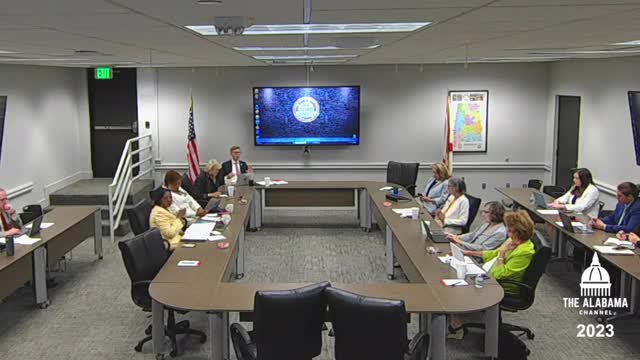
Department says PCG review work largely completed; tracker and strategic plan will guide remaining work

Department updates charter‑school code; commission transition leaves oversight gap for newly created state agency
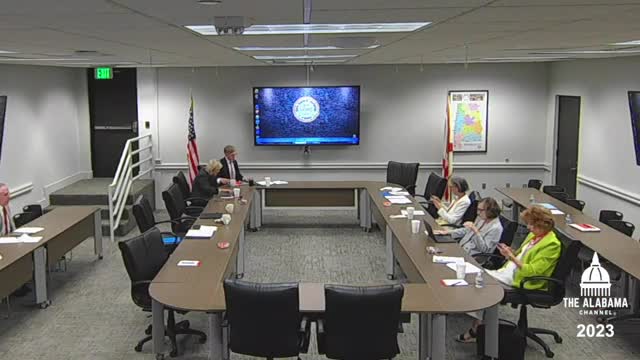
Board reviews proposed rules for alternate teacher‑preparation organizations, with testing requirement central to debate
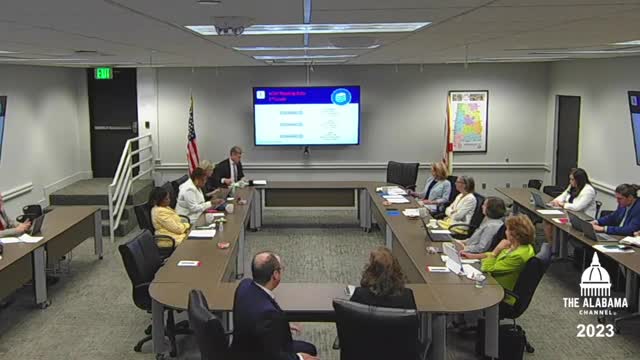
State education department outlines FY24 operating budget, highlights personnel and grants increases
